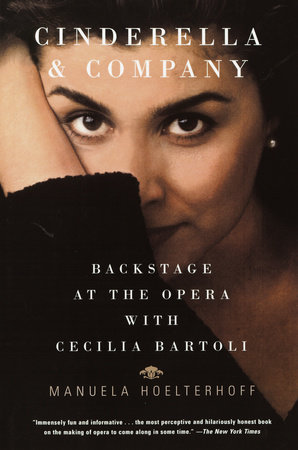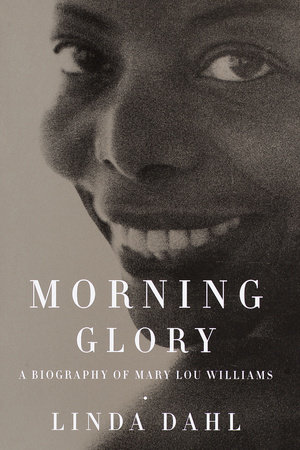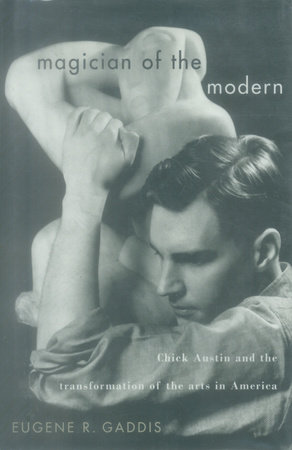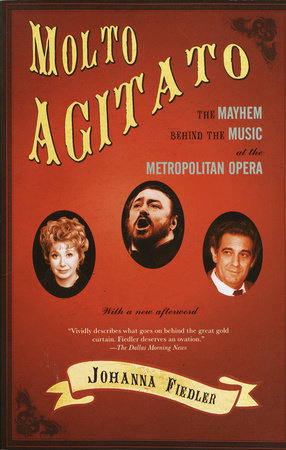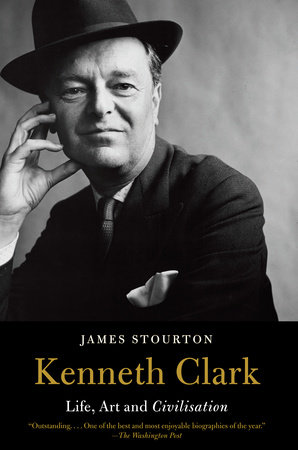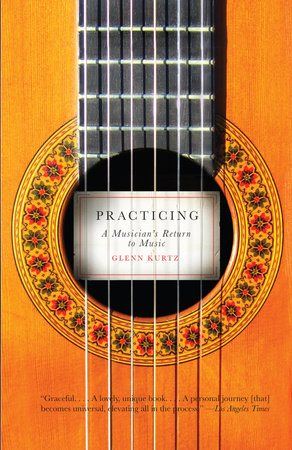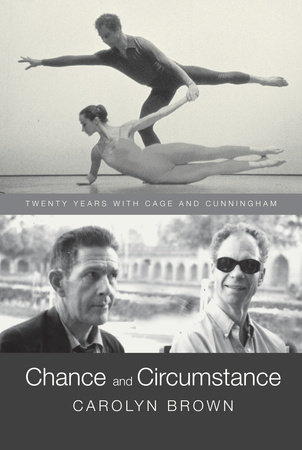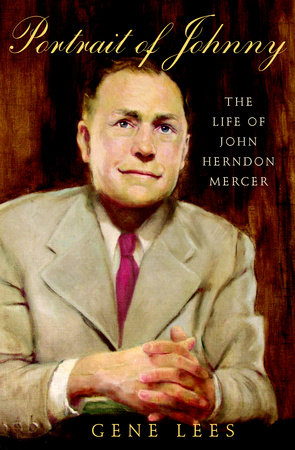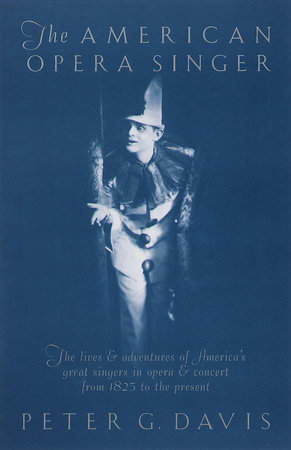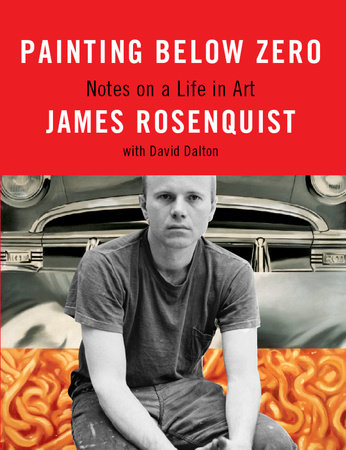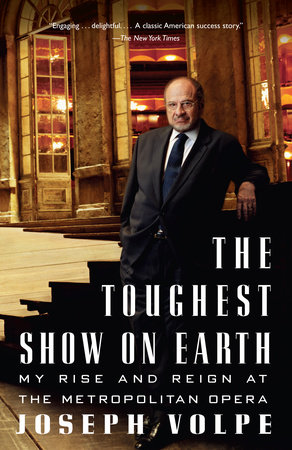Author Q&A
Q: Why a book on Cecilia Bartoli? Why now?
A: Now thirty-two years of age, Bartoli has achieved the kind of success most singers only dream of. The stages of the world are open to her; her recordings hop out of the bins. She is wealthy and adored; immensely talented and lucky, too. Her timing couldn’t have been better. Twilight is falling on the Three Tenors; the ancient heart of opera needs new voices to keep thumping. Her creamy mezzo is the one people want to listen to more than any others right now. A typical opera album might sell 15,000 copies. For Bartoli, you can add a zero. Her "Mozart Portraits" has sold around 350,000 by now; "If You Love Me" has sold 320,000 copies. That’s good news to the recording industry, which is slumping badly these days, affected as much by a lack of new repertoire, pricey unions, and dimwitted managers. One of the stories in the book shows the making of a new and expensive Don Giovanni recording as a vanity showcase for a conductor whose albums invariably gather dust. But as the title suggests, Bartoli has some company. Cinderella & Company is as much a portrait of a singer at the top of a high-pressured career as it is a glimpse at the world in which she sparkles center stage.
Q: Explain the title further.
A: Not only is Rossini’s La Cenerentola Bartoli’s favorite role, but the rags-to-riches story is one not far from her own, which started in a modest neighborhood in Rome. But when the curtain drops on Cinderella, the singer must leave the world of myth for the complexities and uncertainties of life. When everything is available, choice can become a paralyzing gift in the way few normal mortals could possibly understand. Bartoli herself will have to write the Happy Ending to her story.
Q: What was it like to travel for two years on the circuit with Bartoli?
A: Not very expensive. For starters, she is frugal. She likes to feel the heft of the money belt she wears with most of her outfits, except the gala gowns. And then, since she is even more plane phobic than I am, my travel expenses ended up being not as exorbitant as they would have been if I had been traveling with, say, Placido Domingo, who almost never cancels and flies around so much he warms up for his next performance stretched out in first class.
Also, you eat well. Bartoli is a girl who tucks in with enthusiasm. The Italians would call her a buon forchetta–their version of the "clean plate club." And you gain some weight. Singers usually eat large meals after a performance, and while a number of them exercise, the Bartoli routine includes digestive sleeping with modest amounts of walking.
Q: What is it with divas and food?
A: Though most opera singers are probably no fatter than the rest of us, the fat lady is opera’s fixture for a reason. Especially today, there are Quite a number of O-shaped girls. Their cheerleader is the Wagnerian web-potato, Jane Eaglen, a soprano who often takes to the Internet to defend habits of the calorie-challenged. Few singers I know actually order double portions in public. They are furtive eaters. Room service is to blame. They go home after a rehearsal feeling tired and lonely, and order up bacon cheeseburgers with extra fries and vanilla ice cream.
Q: What is the most exquisite performance given by Bartoli that you have experienced?
A: Probably "Cenerentola" at the Zurich Opera, in a lighthearted staging in which Bartoli and the rest of the cast brightened the first act’s ensemble by throwing spaghetti while singing gloriously.
Q: Which sopranos, living or dead, do you particularly admire?
A: The ones you heard first probably always keep a special place. For me, it was the great soprano of another era, Renata Tebaldi, a statuesque diva who was defiantly not the "girl next door." She was grand opera incarnate. Tebaldi often sang with the tenor Franco Corelli, who had a high C for which Placido Domingo would walk on his knees from La Scala to Lourdes.
Q: Bartoli started singing at the age of sixteen. Now at age thirty-two, is she at the peak of her career?
A: She is certainly at the crossroads. For anyone who has made it to the top of their profession, the question is always: How do they stay there?
Bartoli’s repertoire is unusually small. The joke in the industry is that she made a career singing two roles and twenty-four songs. That’s not far from the truth. She will need to expand her repertoire beyond the handful of Mozart, Haydn, and Rossini pieces she sings now and eventually will probably have to learn German, a language she has so far resisted. Since her inclinations seem to run to Vivaldi, whose operas are largely forgotten, and other obscure eighteenth-century composers, the question will be whether she can actually make these pieces appealing to a broad audience.
Let’s hope so. The opera repertoire has become ossified these last few decades, with very few entering the repertoire. Bartoli has shown no interest in commissioning new works for herself in the way that some of her contemporaries have started to do, picking up on old traditions. But by rediscovering the past, she can amplify the future in her own way.
Q: You offer up many opinions on the characters in the book–from opera stars, managers, and agents–many opinions that are not favorable. How will you handle the backlash?
A: As one of the managers says in this book about critics: "What you write isn’t worth a thimble full of rat’s piss." But really, I hope what I’ve written comes across more as a wryly affectionate look at the world that has given me excitement, glamour, pleasure. And laughs.
Q: What is Bartoli’s reaction to Cinderella & Company?
A: We often see ourselves differently from the way others see us. Bartoli is no different. No doubt she would have preferred a little more makeup.
